My new book, When Spirit Whispers: a journey of awakening, is a winner in the 2022 New Mexico-Arizona Book Awards! I am excited and gratified to be honored by this excellent organization.
The book was a labor of love, my small offering of aid and inspiration to those traveling the path of personal discovery. Writing and publishing it was a lot of work and the award got me thinking about what being a winner means.
Awards and recognition are great, of course, but not the whole story. I haven’t entered many contests, partly because the submission fees can be considerable and the wait times long. I decided to go straight for publication and focused on getting short stories published while I was finishing my first novel.
After struggling to learn how to write publishable work, my first published short story was a huge win! My work was in print! And accompanied by beautiful art! It encouraged me to learn more about the market and how to hone my stories so they would be interesting to editors and publishers.
In the last twelve years, I have published many short stories, personal essays, and three novels. I also self-published a collection of short stories, The Way Home, several short pieces of fiction, and now, two nonfiction books, When Spirit Whispers and the When Spirit Whispers Workbook.
I appreciate being recognized by industry professionals, but even with the fancy sticker I get to paste on my book, it’s the reaction of my readers that warms my heart. When readers tell me how they react to my book, some finding validation and inspiration in its pages, all the struggle to write and publish is worthwhile.
So what is a win?
Awards, yes, of course. And getting your words in print, yes, is fun and validating.
But, wins take many forms, like:
- Finishing a book/story/screenplay/poem
- Expressing yourself in writing, art, dance, song
- Enjoying a career you love
- Creating a loving family
- Surviving difficult life events
- Surviving loss in any form
- Getting through and adjusting to any difficult medical diagnosis
- Healing old trauma
- Thriving anew from the lessons of trauma
- Finding the friends, healers, and playmates who see us for who we are
- Speaking our truth
- Allowing love to guide us, even when the world is careening off its axis
- Learning to forgive
- Finding joy in work, play, nature, animals, and all the wonderful people who are standing in the light of love
How do you feel about winning? What gives you pleasure? What is joyful? What are you proud of?
If you can name even one thing, then you’re already a winner.
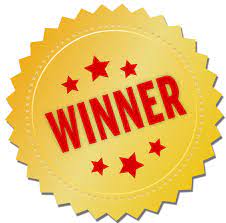

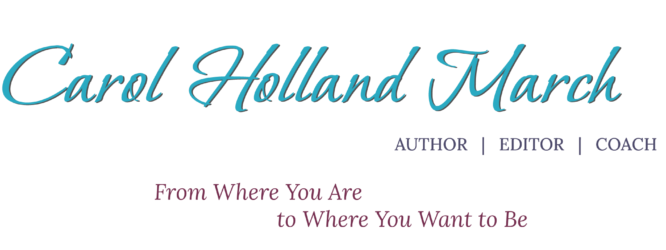
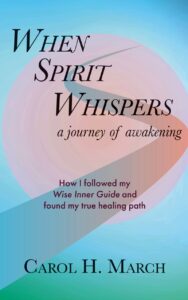
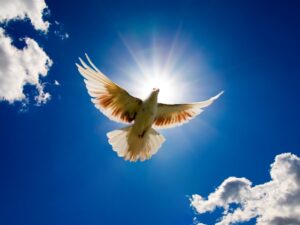 My next nonfiction book has a working title of Your Creative Self is Waiting for You. I am writing it for readers who want to access their creativity in any form. I believe we are all creative. Even those who protest, “Oh, not me, I have no talent.”
My next nonfiction book has a working title of Your Creative Self is Waiting for You. I am writing it for readers who want to access their creativity in any form. I believe we are all creative. Even those who protest, “Oh, not me, I have no talent.”
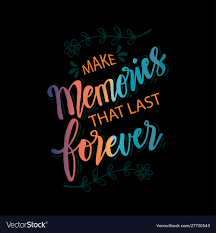 About 50 million people worldwide are suffering from dementia in 2021, but the total number of people with dementia is projected to reach 82 million in 2030 and a staggering 152 million in 2050.
About 50 million people worldwide are suffering from dementia in 2021, but the total number of people with dementia is projected to reach 82 million in 2030 and a staggering 152 million in 2050. 
 By now, we thought our lives would have settled into whatever the “new normal” turned out to be. That doesn’t ring quite true. Not with a new virus strain, economic and political challenges, and warm weather that is both pleasant and a harbinger of an uncertain future.
By now, we thought our lives would have settled into whatever the “new normal” turned out to be. That doesn’t ring quite true. Not with a new virus strain, economic and political challenges, and warm weather that is both pleasant and a harbinger of an uncertain future.
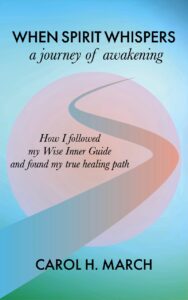
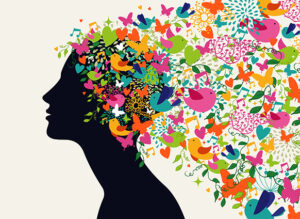

 Well, here we are. It’s been a month since I’ve attended a meeting outside my home. A month since I’ve taught in a classroom. Since I’ve had lunch with a friend, gone to a movie or stood in line at the grocery store. Even for an introverted writer who loves solitude, staying home this much gets weird.
Well, here we are. It’s been a month since I’ve attended a meeting outside my home. A month since I’ve taught in a classroom. Since I’ve had lunch with a friend, gone to a movie or stood in line at the grocery store. Even for an introverted writer who loves solitude, staying home this much gets weird.
 Do you believe in miracles?
Do you believe in miracles?  Yes, we love the holidays. Family, food, out of town guests, parties, long lunches, shopping, and evergreen trees in the living room. Of course we do. But it can be overwhelming. Too much family, food, guests, parties, lunches, and shopping. What happened to the tree? Is it still tied to the roof of the car?
Yes, we love the holidays. Family, food, out of town guests, parties, long lunches, shopping, and evergreen trees in the living room. Of course we do. But it can be overwhelming. Too much family, food, guests, parties, lunches, and shopping. What happened to the tree? Is it still tied to the roof of the car?